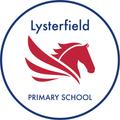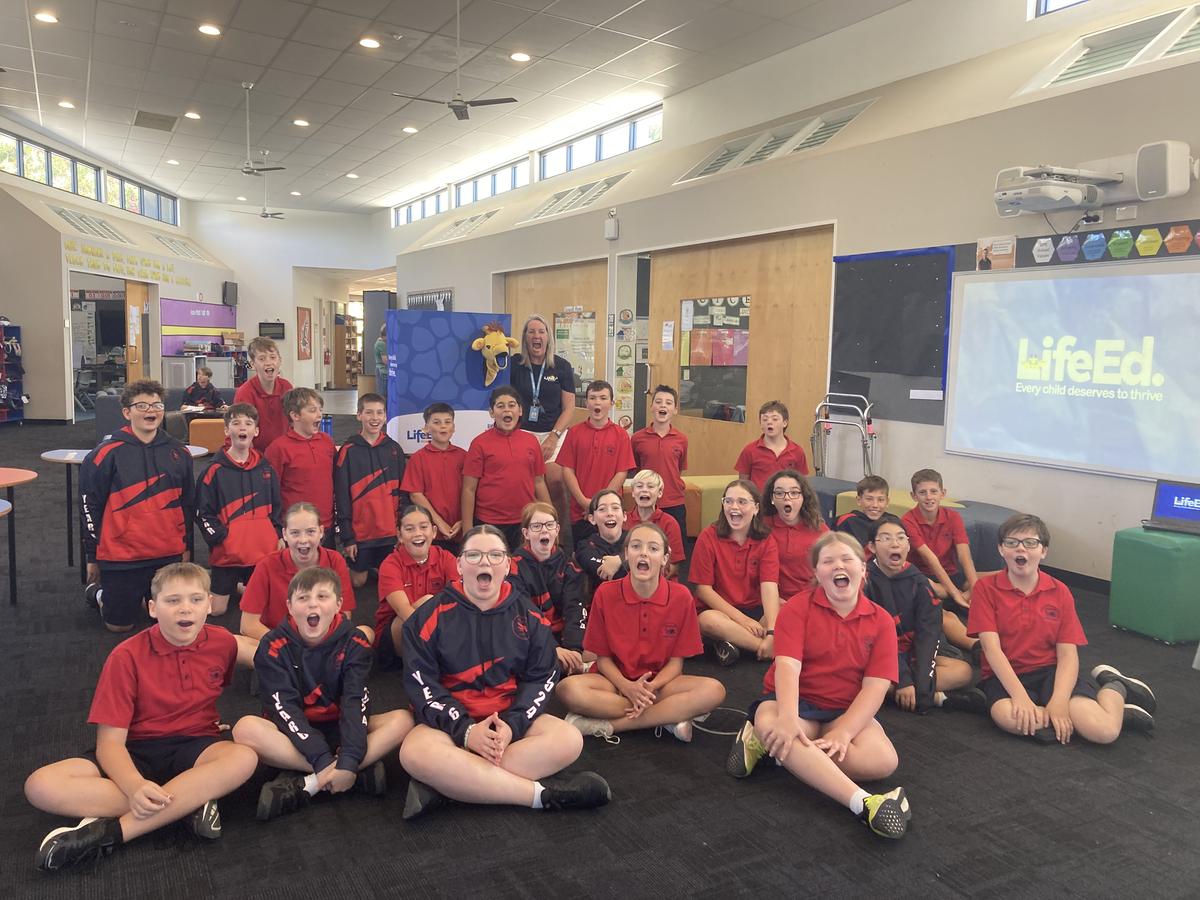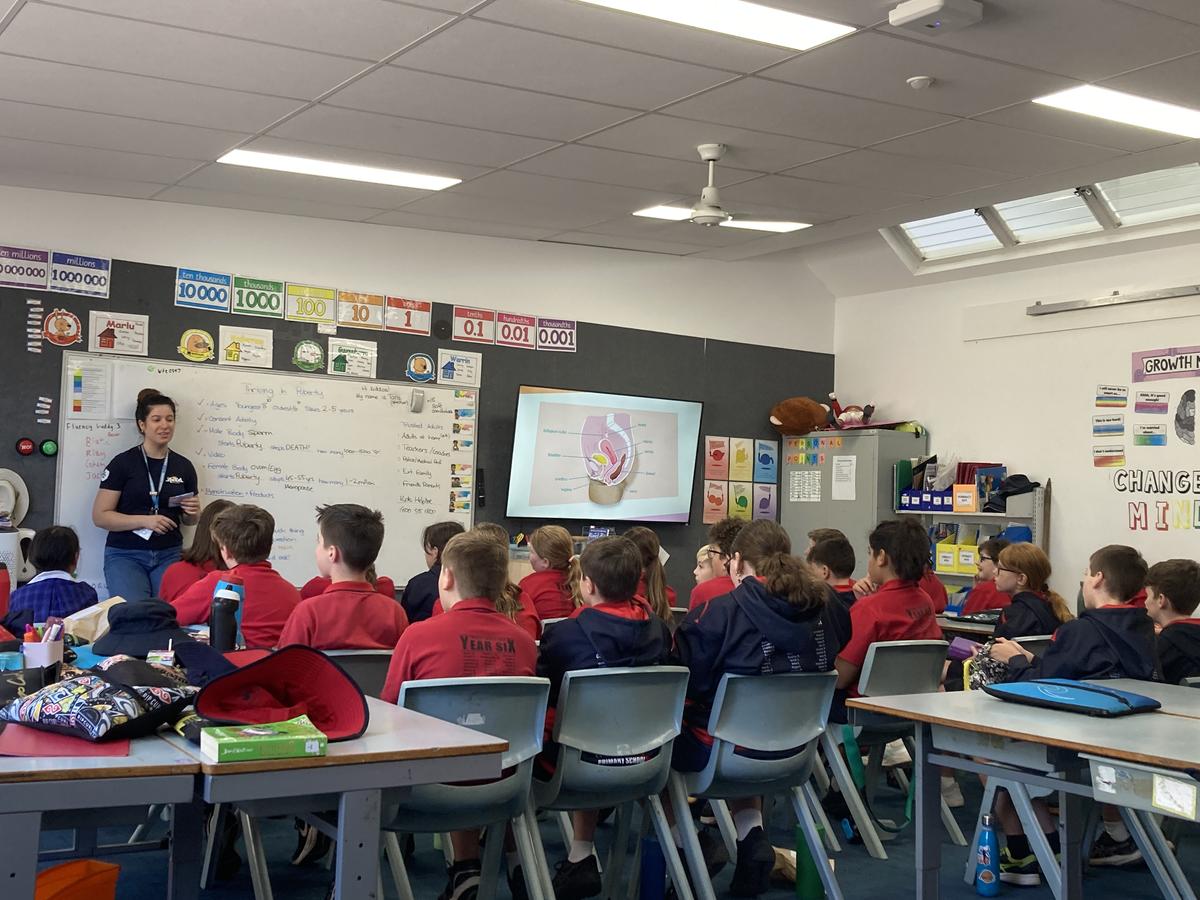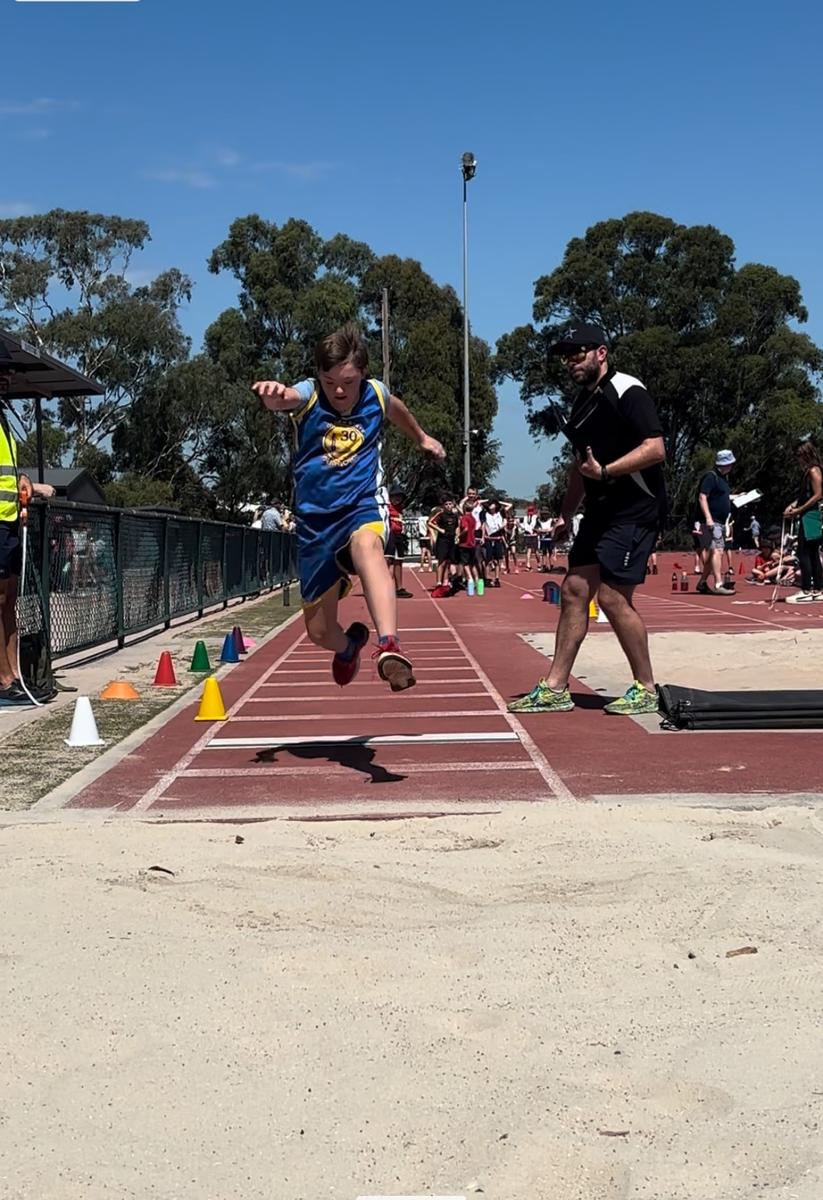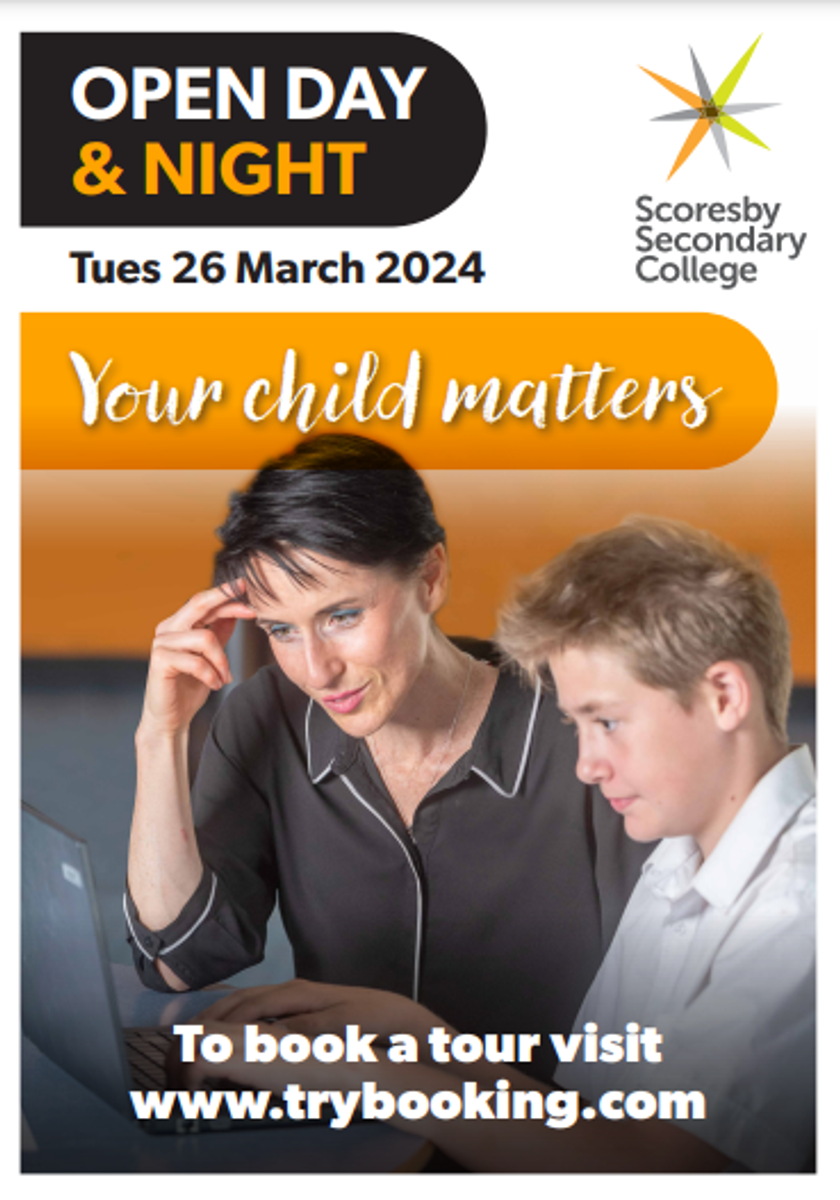Grade 6 News

Learning in Action
Literacy
Our narrative unit continues to progress. Students are engaging in the class text, 'Rivet Boy', a story that is not only based on the true events of the Forth Bridge Construction Site, but also delves into deeper themes of child labour and overcoming adversity. This text exhibits powerful and precise descriptions, sparking important conversations to expand student vocabulary and general knowledge. Students have been making connections to other texts and real-world issues.
The beauty of reading an unknown text is that it we can analyse the methods that the author uses to keep the reader curious and engaged. Students have been using several of these techniques as they design, plan and draft a narrative of their own. We are at the point now where they are constructing the story, keeping in mind that we consistently revise and adapt the story as it progresses. We encourage you to chat to your child about the story they are developing.
Preview for Learning: Across the next few weeks, we will be supporting students in specific methods to revise/edit writing, such as evaluating the dialogue used in their story. They will continue to work on their story, with the aim to have a completed piece to publish and share.
Maths
Our Maths investigations on elapsed time have been completed. It included work that had the students research a trip within Australia. Students had to make a plan for their trip, including where they will be flying to, where they will be staying and any attractions along the way. Students used timetabling skills to provide a specific breakdown for one day of their trip.
With regard to working with numbers, students completed work on rounding and how rounding supports estimation. They applied this learning to multiple scenarios and real-world situations, such as spending money or finding the closest location.
Our applied lessons are now focussing on length and perimeter. To commence this exploration, students used masking tape to make different shapes on their tables. They then recorded these shapes into their Maths Book, measuring the length of each side and the perimeter of the polygon.
Preview for Learning: Next week we will start work on addition and subtraction. As part of these units, we will be revisiting different strategies that can be used to assist our understanding. For example, Week 7 will include the split strategy and vertical algorithm. Our applied unit will continue work on length and perimeter.
To find out more about what will be covered in Year 6 Maths click here.
Inquiry
As part of our focus on Civics and Citizenship students have been learning about the following:
- Democracy
- Level of Government: Local, State and Federal
- How laws get made
Our exploration of these concepts has been helping students to understand the way our country runs and who is responsible for making rules and decisions.
This foundation of knowledge will lead us into our focus for the rest of the term, where students will be learning about their role in our country. They will be investigating the following questions to drive their understanding of their role as a global citizen:
- What am I truly passionate about?
- How does an ordinary citizen in Australia make change?
Watch this space! The Grade 6 students will be presenting some big and small changes to improve the way our Australian society runs on the Week 9 celebration morning.
Wellbeing
As part of our Wellbeing Curriculum, Grade 6 students spent time last week engaging with the Talk About It program.
Talk About It
Talk About It is designed to help support students explore the concept of identity, develop safe and respectful relationships, and understand and manage the physical and emotional changes that occur during puberty. With strong links to a child’s social and emotional wellbeing, understanding the changes happening to them is vital. This session will help provide children with the skills they need to navigate this confusing time and to build respectful relationships, to support their wellbeing both now and into the future. Talk About It is a sensitive and age-appropriate personal development program for students in primary school that focuses on:
- Identity
- Diversity and inclusivity
- Puberty changes
- Protective behaviours and hygiene
- Consent
- Managing peer pressure
- Building and maintaining healthy relationships
In these Talk About It modules, students learned:
- The definition of puberty in terms of lifespan.
- Basic female and male reproductive anatomy.
- Physical, social and emotional changes that occur during puberty.
- Strategies to deal with puberty changes.
- Where to seek help and find information.
- The importance of respecting personal boundaries and consent.
- Sanitary product demonstration (pads and tampons).
- The social, emotional and legal consequences of intercourse, including the legal age of consent.
- The process of conception, fetal development and birth.
- That intercourse may result in pregnancy.
- What’s in a cigarette or vape.
- Effects of smoking and vaping
- History and laws + myths and facts.
- Strategies to reduce harm
Athletics Day
What a fun and exciting day on Wednesday we had at Ringwood Athletics Track. On a very hot and sunny day the students competed to the best of their ability across all track and field events. Goodluck to all the students who qualified and will represent our school at the District Carnival.
Calendar and Events
March 11th - Labour Day Holiday
March 12th - Curriculum Day
March 12th & 13th - 6M & 6N Meet the Teacher
March 21st - Grade 5 and 6 School Photos
Exciting times ahead in STEM!
We are thrilled to share some exciting updates about our STEM program! As we continue to inspire and empower our students to explore the wonders of these vital fields, we are reaching out to our wonderful community for support.
Your generosity has always been instrumental in helping us provide enriching educational experiences for our students, and we are once again asking for your support to ensure the success and sustainability of our STEM initiatives.
Your support makes a significant difference to our students' learning opportunities and the success of our STEM program. Here are a few ways you can contribute:
Opportunities to help:
- Donations of Timber/Wood, appropriate for construction E.g. Billy Cart bases or other small vehicles.
- If you own or are a part of a company or business who would be willing to sponsor our engineering program.
- If you have connections with hardware stores/companies, helping us to make contact in order to obtain suitable engineering resources.
- If you have any household STEM-related materials such as; plastic bottles, milk bottle lids, masking tape, balloons, wooden skewers, plastic or paper cups, unwanted CD’s or DVD’s, Aluminum Foil please drop them off outside the STEM room.
- Construction Crew: If you're handy with tools and have some basic experience in woodwork or mechanics, we would be delighted to have your help in the upcoming terms to assist with our Grade 6 Science and Engineering program. Please email sophiechamberlain@lysterfieldps.com or melissaadams@lysterfieldps.com
Thank you for your continued support,
Melissa Adams & Sophie Chamberlain
STEM Leaders
Micro Mathematicians Extension Program
The University of Melbourne is offering a Primary School Outreach Program called Micro Mathematicians. These are online workshops offered to Grade 5 and 6 students in the school holidays that seek to extend and challenge their mathematical thinking and understandings in unique and interesting ways.
If your child is interested in applying for the workshops, applications are now open for the first workshop on Tuesday April 9th. For more information, please visit their website.
The Micro Mathematicians program is part of the Victorian Challenge and Enrichment Series, and is supported by the University of Melbourne School of Mathematics and Statistics and the Victorian Government.
Recreational fishing in Victoria
The Victorian Government is proactive in encouraging all Victorians to fish, specifically focusing on the involvement of women, children, and people from diverse backgrounds. We educate fishers and the community about responsible fishing practices and promote stewardship of our precious aquatic and animal resources via our Marine and Freshwater Discovery Centre, Education and Engagement Unit and funding of Fishcare Victoria Inc.
Recreational fishing offers terrific opportunities for people of all ages, skills, abilities, and backgrounds to enjoy a fun and healthy activity and build social connections. Our aboriginal heritage is also deeply linked to fishing, with thousands of years of indigenous fishing history in Victoria.
The VFA run a range of free community fishing festivals across the State, stock 10 million fish into Victoria’s waterways each year, including a range of threatened species, install fishing and boating infrastructure to improve access, install recreational fishing reefs and improve habitat and undertake important research into Victoria’s many different species of seafood.
For more information about the VFA, recreational fishing opportunities in Victoria and/or a potential future career in natural resource management for your students, please visit www.vfa.vic.gov.au.
Little Anglers Hub
The VFA has created the kid-friendly Little Anglers Hub website (www.vfa.vic.gov.au/littleanglerkit), written specifically for children with useful information, instructional videos about how to safely set up and use the kits, being safe around the water, as well as advice on where to go fishing in Victoria.
There is an electronic copy of the Kids Guide to fishing that was included in the kits available on this site, both in English and five other languages.
Key Safety Messages
Going fishing is awesome and so much fun! When it comes to fishing, it’s important to stay safe, especially around water!
Students can keep their fishing safe by:
· going with a friend;
· being careful with hooks and lures;
· looking behind before casting;
· handling fish carefully;
· being conscious of the dangers associated with water;
· protecting yourself against the elements (sunscreen, drinking water);
· letting someone know before you go; and
· washing your hands after handling lead sinkers, especially before eating or drinking.
The link below is to a short safety video that is posted on the Little Anglers hub website, reinforcing the above safety messages to students.
https://youtu.be/drPLpKXpC3w
Please note that fishing equipment is not for human consumption. If swallowed, hooks can cause serious harm and lead sinkers can be toxic. Young children and those with some disabilities including pica disorder are especially vulnerable and should be supervised whilst fishing. If a child does swallow a hook or lead sinker, seek medical assistance immediately - don’t wait for it to pass.
If you would like any additional information about this exciting commitment, please visit the Victorian Fishing Authority’s Little Angler Kits FAQs for parents, located on the VFA’s website (www.vfa.vic.gov.au).
